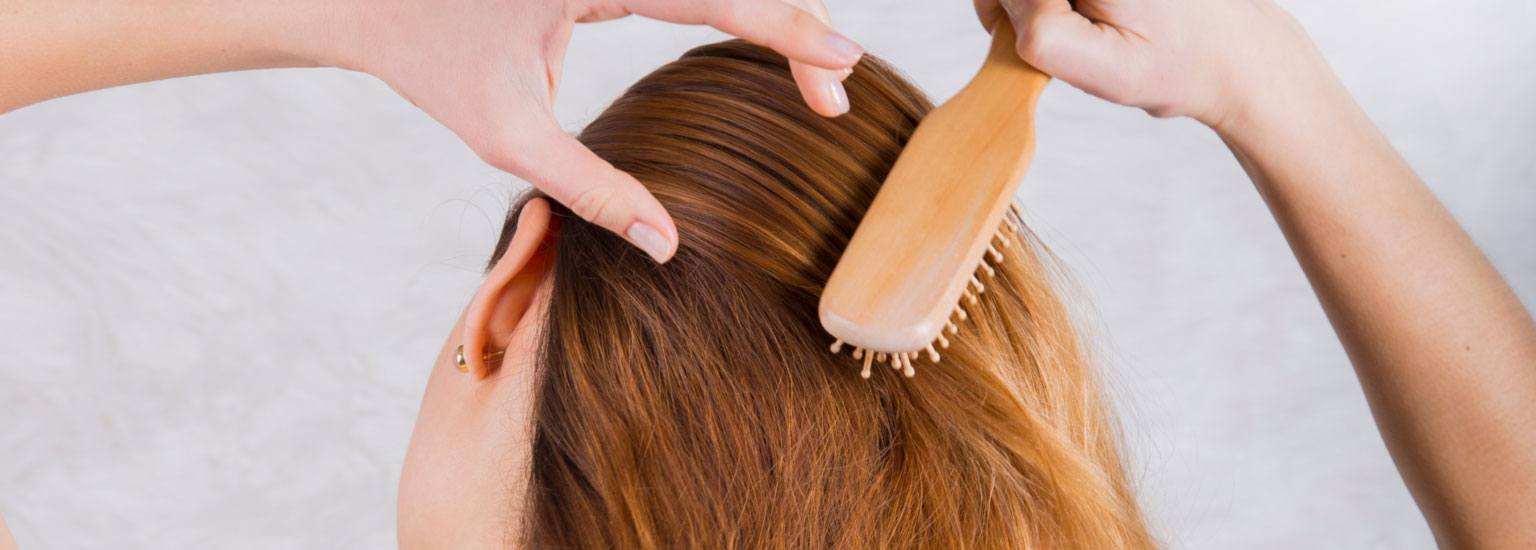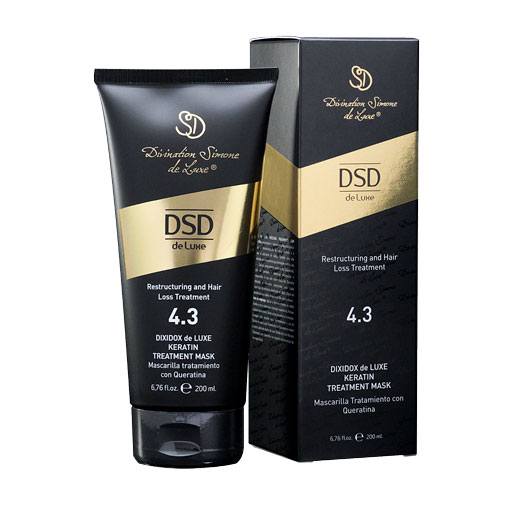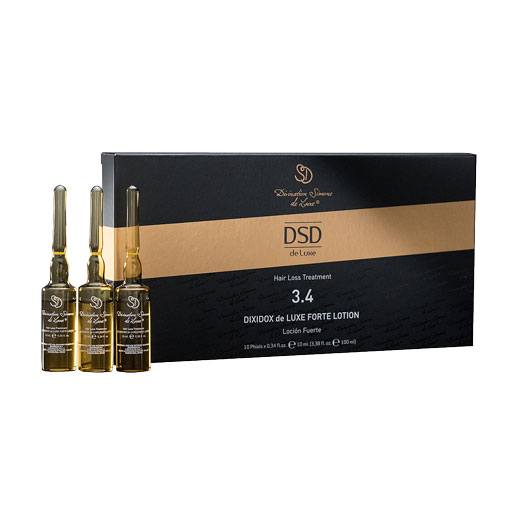Hair Loss After Pregnancy: Causes and Solutions
Many new mothers experience significant hair loss post-pregnancy, affecting half of them. This loss typically starts one to six months after childbirth and, medically, is considered a natural process that generally doesn't lead to serious problems. About 80-90% of hair grows at any time, with the rest in a resting phase.
Postpartum Hair Loss
Hair in the resting phase eventually falls out and is replaced by new hair. Disturbances in the body postpartum can manifest as increased hair loss. Normally, people lose up to 100 hairs a day, but this can increase to 500 postpartum, which can be alarming for new mothers.
However, this type of hair loss is usually a temporary phase triggered by hormonal changes.
When Does Hair Loss Occur After Birth?
Hair loss commonly starts about three months postpartum but can occur as late as five or six months. The drop in estrogen levels after birth normalizes hormonal balance, leading to increased shedding of hair extended in its life cycle during pregnancy.
Hair Loss During Breastfeeding
Statistics show that women who do not breastfeed often experience more significant hair loss, possibly due to hormonal differences between nursing and non-nursing mothers.
Duration of Postpartum Hair Loss
During pregnancy, about 50-60% of hair enters the resting phase, leading to potential increased shedding postpartum. This hair loss can last up to a year before hair growth normalizes.
Continuing Hair Loss Postpartum
If hair loss continues beyond a year after childbirth, it's advisable to consult a doctor. The issue might not be related to pregnancy but could be due to a deficiency in essential nutrients like iron. A dermatologist or general practitioner can perform necessary tests to determine the cause of hair loss and recommend appropriate treatment.
Why Does Hair Loss Occur After Pregnancy?
Postpartum hair loss is not uncommon. It is triggered by various factors and often requires special care and appropriate treatment to help the body recover. Hair loss after childbirth is often caused by hormonal changes. During pregnancy, the body increases hormone levels, especially estrogen, which extends the natural hair cycle and reduces hair shedding. After childbirth, hormone levels normalize, causing a significant amount of hair that was in the resting phase during pregnancy to fall out almost simultaneously.
Vitamins and minerals are important for hair health. A deficiency in these nutrients can exacerbate hair loss. If the body does not receive enough nutrients from food, hair loss can worsen. Additionally, low blood pressure and low hemoglobin levels can negatively impact hair growth. It is important to understand and address the underlying causes to stop or at least reduce hair loss.
It’s also important to know that during breastfeeding, many vitamins, minerals, and nutrients are passed on through breast milk. As a new mother, it is essential to maintain a balanced diet and consume enough fresh fruits, vegetables, and other nutrient-rich foods to prevent deficiencies. Blood loss during childbirth, especially in the case of a cesarean section, can also lead to vitamin deficiencies and anemia, which can further exacerbate hair loss.
Psychological stress can also play a role. Nervous exhaustion, lack of sleep, constant fatigue, and the responsibility of childcare can put a heavy strain on the nervous system and lead to increased hair loss. Additionally, discontinuing birth control pills or other hormonal medications can affect hair loss.
Therefore, it is important to tailor the therapy to the specific triggering factors in order to effectively treat postpartum hair loss. Medical advice on diet and lifestyle can help strengthen the body and reduce hair loss.
Hair Loss After Pregnancy: What to Do?

What to do about hair loss after pregnancy?
Tips to combat hair loss after pregnancy.
Hair loss after giving birth can be truly distressing. But don’t worry, with a few simple measures, you can reduce hair loss and promote hair growth.
- Choose gentle hairstyles: Avoid hairstyles that put a lot of strain on your hair, such as tight ponytails or braids. These can further stress the hair roots and increase hair loss.
- Be mindful of hair accessories: Avoid using metal accessories or tight hair ties, as these can break and damage the hair. Soft hair ties and gentle accessories are best.
- Nutrient-rich diet: Focus on a diet rich in fruits and vegetables, as these are beneficial for hair health. Fruits, vegetables, and green tea are packed with essential vitamins and minerals.
- Take vitamin complexes: If your body needs to replenish its vitamins, special vitamin complexes can help restore your vitamin reserves. These provide your body with the necessary nutrients for healthy hair growth.
- Maintain proper comb hygiene: Change your comb regularly and wash it with warm soapy water after each use. This helps prevent the spread of germs that can damage your hair and scalp.
- Be gentle with wet hair: Avoid combing wet hair right after washing. It’s best to wait until your hair is completely dry to prevent breakage and further hair loss.
- Use care products: Special shampoos and hair care products, such as the DSD de Luxe series, can help reduce hair loss after childbirth. These products strengthen and revitalize the hair and scalp.
By combining these tips, you can effectively combat hair loss after pregnancy while promoting the overall health of your hair.
What helps against hair loss after childbirth?
Hair loss after childbirth is a real concern, but thankfully, there are several effective methods to treat it.
- Cryomassage of the scalp: This method is recommended by doctors and cosmetologists as it strengthens the hair root system and stimulates the growth of new hair. Cryomassage improves blood circulation in the scalp, which helps hair follicles regenerate faster.
- Use of DSD de Luxe care products: The specially formulated hair and scalp care products from DSD de Luxe are particularly effective against hair loss after childbirth. They help strengthen the hair and reduce hair loss.
- Traditional remedies: Home remedies can also help combat hair loss. Regularly treat your hair with rinses made from herbal infusions such as oregano, nettle, bay leaf, nasturtium, chamomile, burdock, plantain, and sage.
These natural herbs are beneficial for hair, promote hair growth, and improve scalp health. Many of these herbs are also included in DSD de Luxe products!






